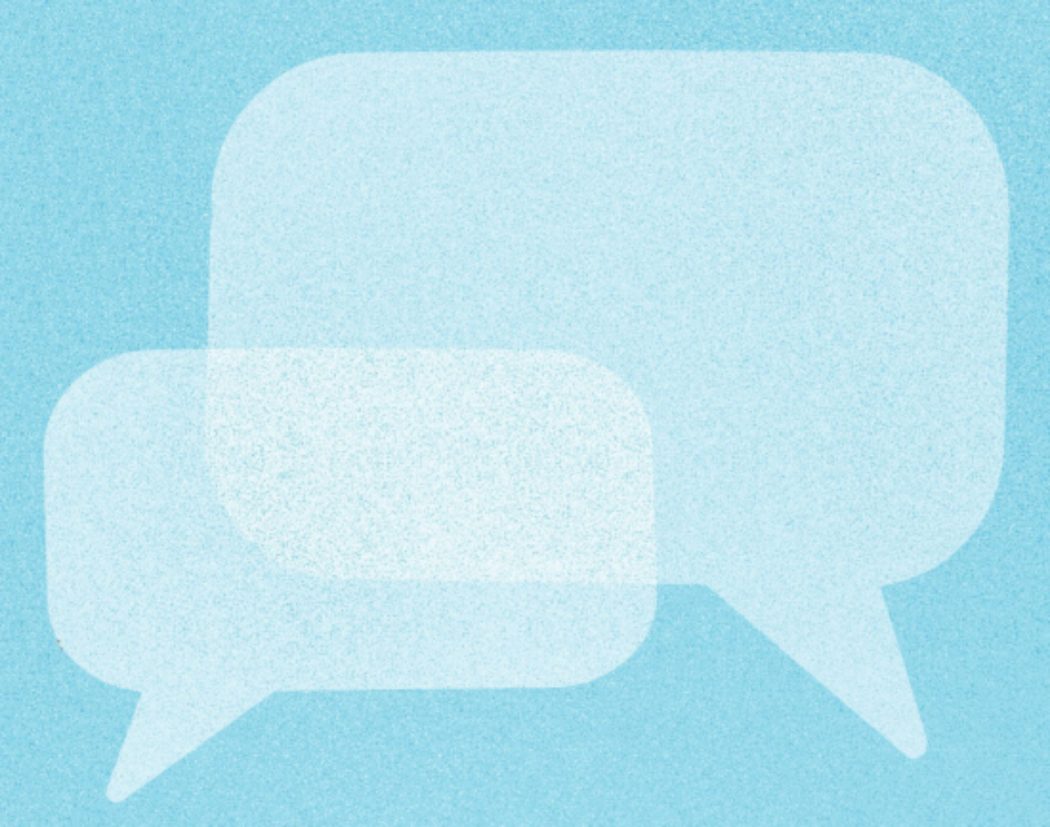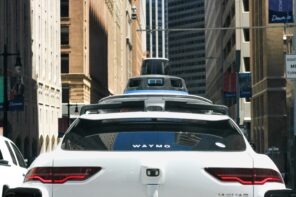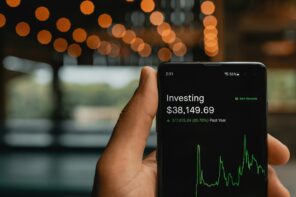Twitter used to be the hub for memes, too-much-information life updates, the jokes of the day, or any other number of creative ideas one could fit within 140 characters.
Now, that has changed.
Today, the average Twitter feed is a sea of campaign slogans, mottos, and politically-charged comments from politicians and followers alike. It appears as though the face of democracy, as well as the right to free speech and discourse, have both been relegated to the (now 280 character) tweet at all levels of politics. From your local representative to the President of the United States, Twitter has become the new face of communication between the government and its people. What used to be fireside chats, emergency news reports, and radio specials has now been concentrated into tirades of tweets, which one can use to demand of politicians just about anything.
Over the last three years, we’ve experienced the shockwaves of US President Donald Trump’s presence online, the man who revolutionized “poli-tweets,” by declaring trade wars, policy changes, and attacks on other candidates through his Twitter page. In fact, a study by the Social Science Research Council found that anti-Muslim sentiment, a key talking point on President Trump’s twitter, has increased substantially on the platform recently. As such, some believe the politicization of Twitter is a positive thing – politicians have direct access to voters, free advertising, and can keep up with social media. However, Twitter as a corporation no longer does. In fact, ahead of the 2020 election, one of the most important elections in modern times, Twitter will be banning all forms of political advertising on their platform— an effort posed to prevent prevent micro-targeting and misleading information that can influence voters.
In his own Twitter thread, the company’s CEO Jack Dorsey stated that the ban follows the belief that a “political message should be earned, not bought.” Dorsey is referencing the ability to promote and sponsor particular messages, as candidates frequently do during campaigns. Dorsey states that moreover, this ban on political advertising isn’t about free expression, but is instead about paying for reach, and that “paying to increase the reach of political speech has significant ramifications that today’s democratic infrastructure may not be prepared to handle.”
“Given that the site is now banning ‘platform messages’ that include stances on environmental concerns, as well as abortion and other issues, candidates will be hard pressed to advertise in traditional ways”
Dorsey’s claims aren’t unfounded; as Twitter’s role in the 2016 American election cannot be understated. Indeed, current US President Donald Trump is inextricably linked to Twitter’s prominence in the political sphere. According to political science professor Barry Burden, President Trump’s “aggressive and unconventional use of the platform violated standard norms of campaigns by being uncivil, conspiratorial, or offensive.” Consequently, Twitter has become the new face of political discourse and, as Pew Research Center writes, the Trump era has fueled “widespread polarization and partisan animosity”, especially for young adults, who now represent an equal share of the electorate as baby boomers.
Going into the 2020 US presidential election cycle, Twitter’s recent move has changed the game for politicians at all levels. Given that the site is now banning “platform messages” that include stances on environmental concerns, as well as abortion and other issues, candidates will be hard pressed to advertise in traditional ways which, as a country, will create quite the shift from what was seen in 2016.
In another corner of the room lies an equally dangerous facet of the politicization of technology: Facebook. Once positioned as a popular and widespread way to share information or stray thoughts, a series of scandals throughout the past decade has peppered the company’s credibility with bullet holes, especially through the political lens. Facebook has been sharing personal data with third-party applications for several years, and while it has always been known to the public user body that this phenomenon occurs, the tangible effects of such a process were not clearly seen or dealt with until after the 2016 United States Presidential election.
Trump’s campaign team invested copious sums into Facebook advertisements, and with the help of a third-party company that harvested personal data from Facebook users, strategically targeted certain demographics with their political ads. The exposition of this process (via whistleblower, of course) brought into light the great dangers of holding private information online, but even more so, the great potential of the political world to gain an extra vote by any means necessary. The scandal even crossed international borders – it is infamously speculated that Russian involvement, in an effort to sway the most recent presidential election, was made possible only through the widespread power of social media.
Alas, the peaceful place where mothers and fathers tagged each other in archaic Internet quips has changed. As the dust from the aftermath is still in the process of clearing, it seems as though the involvement of foreign countries, unethical use of private data, and deep involvement of the government in the ads we see on social media have successfully paved the way for more panic. Now that the long, cold arm of the political world has permeated the likes of Facebook and Twitter, a significant amount of unrest will pave the way for governmental involvement with social media.
“Going forward, the name of the game will be regulation, bringing into focus the role that legislation plays in internet politics”
The upcoming set of elections in both the UK and the US will place an increasing amount of pressure on Internet technology giants to limit or ban the presence of political ads on their platforms. In fact, letter from campaigners and academics urged Facebook and Google to implement such a ban on these ads ahead of the impending elections, in lieu of a more complicated legislative motion. In light of Twitter’s recent choice, the pressure exerted on the tech giants is even greater. Despite the fact that Twitter has been praised for their moral decision to ban the ads, Mark Zuckerberg has “remained unchanged on his decision to continue hosting political content.” While he claims to be open to curbing the spread of false political information on Facebook, the results of this adamancy could be risky for a major election or movement. Ultimately, it could create significant friction between government, citizens, and firms. This friction represents the dawn of a new era – one where politics and technology have been forced to run parallel in a world where their perpendicularity can lead to serious consequences for both the public and private sectors.
Going forward, the name of the game will be regulation, bringing into focus the role that legislation plays in internet politics. As Dorsey stated in the aforementioned Twitter thread, Twitter will hold fast in their anti-politicization of the site until there are robust regulations in place to make sure that no candidate has an unfair advantage. Dorsey believes that if regulations are put into place, they need to focus on advertisement transparency and conditions that can be applied across any election.
“We are witnessing such a high level of friction between technology and politics that the spillover into private and public sectors comes at the expense of the user”
The question is: how can legislators make widely applicable laws to hold internet giants accountable? If you’re anything like us, you could not help but laugh when Congress brought in Facebook CEO Mark Zuckerberg and Google CEO Sundar Pichai for their respective senate hearings. It didn’t take long to realize that the majority of Congressmen and women had almost no clue how services like Twitter and Facebook even operated, much less how to regulate them. Today, technology is innovating at rates society has never seen before – and Congress just can’t keep up.
Columbia University Law Professor Tim Wu, also a columnist for the New York Times, mentioned that Facebook, among other online technology giants, “by tinkering with its rules for political ads, gives itself a special, unregulated power over elections”. Any governmental leverage supported by the digital media world, he claimed, builds major potential for corruption and false neutrality. Increasingly, the line between a once independent haven for personal opinion and the strong sway of the government is being blurred. We are witnessing such a high level of friction between technology and politics that the spillover into private and public sectors comes at the expense of the user. In reality, balancing the playing field and ensuring that the consumers of technology are not subject to conniving sways should be a top priority for all parties. Perhaps this is why the world is moving so rapidly to keep Congress off of the keyboard.








